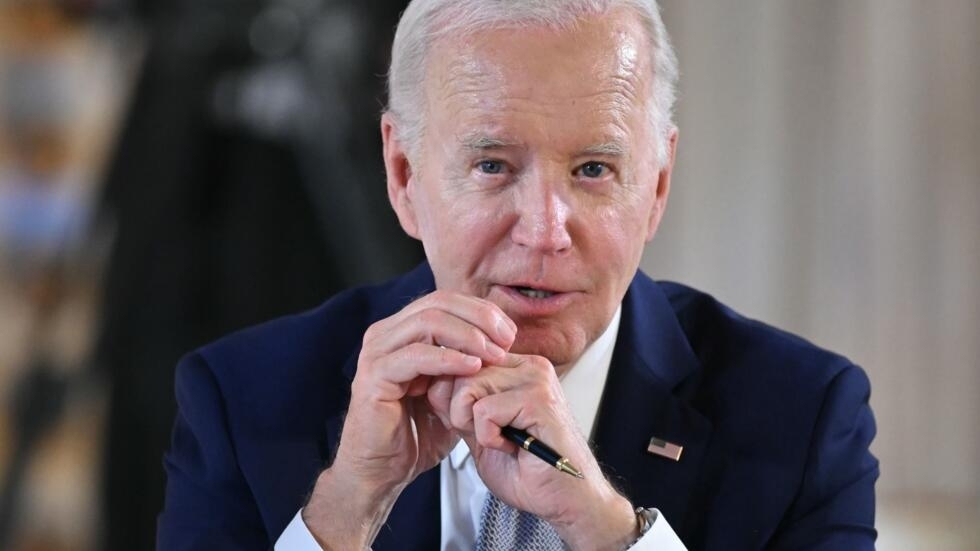U.S. Revives Migrant Sponsorship Program with Enhanced
Vetting to Combat Fraud
The Biden administration is set to relaunch its migrant
sponsorship program after pausing it earlier this summer due to concerns about
fraud. Originally established in late 2022 and expanded in early 2023, the
program was designed to provide a legal pathway for up to 30,000 individuals
from Cuba, Haiti, Nicaragua, and Venezuela to enter the U.S. each month, given
they have U.S.-based sponsors.
The initiative, alongside Mexico’s agreement to take back
citizens from these four countries who cross the U.S. border illegally,
significantly reduced unlawful crossings. However, the program was halted in
July following suspicions that some sponsors were submitting fraudulent
applications.
After a thorough review, the Department of Homeland Security
(DHS) is reinstating the program with a more stringent vetting process.
Potential sponsors must now submit fingerprints and will face closer scrutiny
of their financial and criminal histories. Additionally, the DHS will increase
oversight of those who repeatedly apply to sponsor migrants.
According to DHS spokesperson Naree Ketudat, these new
procedures aim to ensure the integrity of the program as it resumes issuing new
Advance Travel Authorizations. U.S. citizens, permanent residents, or
individuals with other legal immigration statuses are eligible to sponsor
migrants. While the fraud concerns primarily involved the sponsors, all
migrants must also pass a security screening before traveling to the U.S.
An initial investigation revealed that most suspicious cases
had reasonable explanations, such as filing errors. However, some instances of
fraud were uncovered, including the use of fake Social Security numbers by
prospective sponsors. A few cases have been referred to law enforcement for
further action.
Known as the CHNV policy, the program has been central to
the Biden administration’s strategy to curb illegal crossings at the
U.S.-Mexico border. Since its inception, over half a million migrants have
arrived in the U.S. legally through this initiative. Despite legal challenges
from Republican-led states, the policy has been upheld, with the courts finding
insufficient evidence of harm caused by the program.








.jpg)